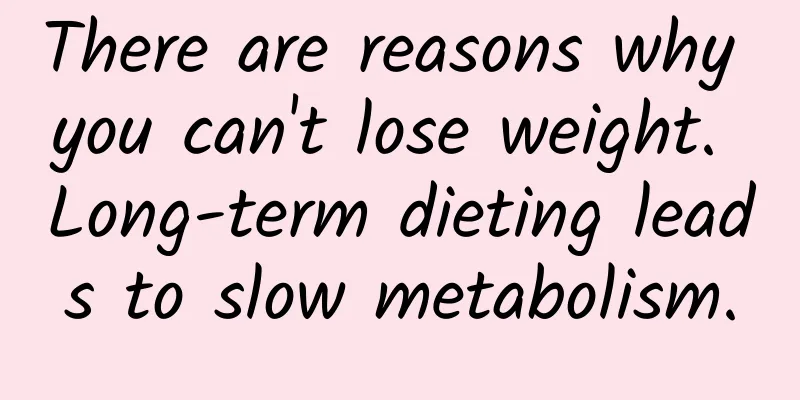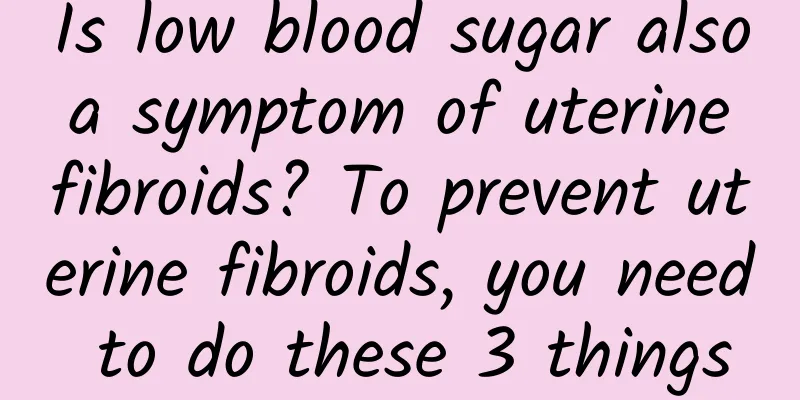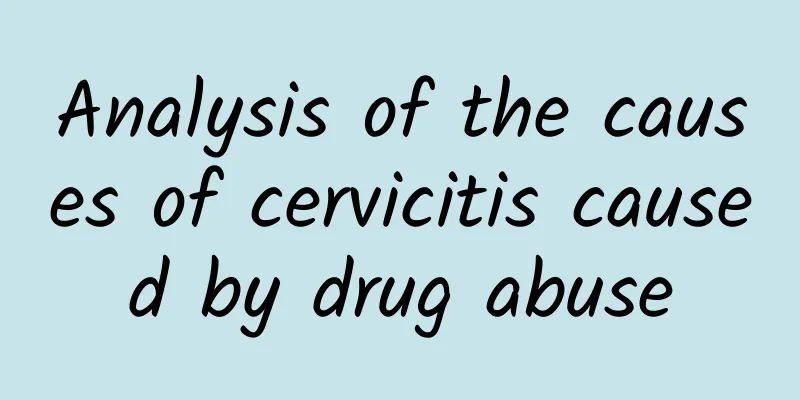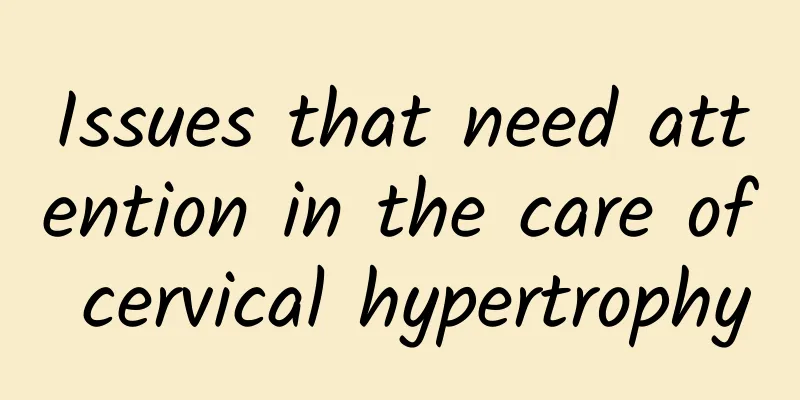There are reasons why you can't lose weight. Long-term dieting leads to slow metabolism.

|
This book is all about tinkering with your metabolism, but what exactly is that? Metabolism is a process, not an object. Specifically, metabolism involves the chemical reactions that occur within cells and is a process that all living things rely on to survive. Through metabolism, food becomes or is converted into energy, fuel, or body materials (muscle, fat, blood, bone). At any given moment, your metabolism is either burning, storing, or building. You have a metabolism because you are alive, and life requires energy. We all need energy to survive: to breathe, move, think and react; and the only way to obtain energy is through the intake and metabolism of food. We need fuel, we need matter. A healthy, efficient metabolism allows us to get just the right amount of energy, have the right amount of reserve energy stored and available for immediate use, and have a strong, stable body structure. Your Inner Campfire Before we get into the nitty-gritty details of the fast metabolism diet, let’s first look at how your metabolism slows down and why it’s so hard to lose weight. Remember, metabolism is the mechanism by which you process food for energy. Metabolism directs energy in different directions depending on what you eat and how you eat it. The amazing thing about metabolism is that it can be manipulated because how you eat, how you move, and how you live determines how much of the food you eat is stored as fat, how much turns into energy, and how much goes into building your body. This kind of manipulation is something I learned when I studied animal science. The animal science industry, which uses this knowledge of energy, storage, and body structure to create food animals with optimal proportions, is a multi-billion dollar industry. Your metabolism can also get you into trouble because it can inadvertently create a body shape you don't want. Dieting, eating poorly nourishing foods, and living with too much stress can slow down your metabolism just when you need it to be boosted. When you gain weight, feel unwell, or even develop a chronic disease, these are side effects of your body's adaptive mechanisms as it responds to your activities and environment, just like some frogs that grow three legs in a polluted swamp. Your butt and belly bulge out because they exist in an ecosystem that is influenced by factors such as environment, emotions and biochemistry. The Secret of Fast Metabolism Everything you do is reflected in the body that your metabolism builds, and your body is built that way to survive in its environment. The Secret of T3 and RT3 One of the reasons why long-term dieting slows down your metabolism is that extreme dieting makes the body feel hungry and stresses the adrenal glands, which triggers a series of chemical reactions in the body. The normal production of thyroid hormone (T3) that promotes fat burning is inhibited, and the secretion of another thyroid hormone (trans T3, or RT3) that stimulates fat storage is increased. This is an oversimplification, but basically, RT3, the hormone that promotes fat storage, blocks hormone receptors throughout your body, especially in your abdomen, thighs, and buttocks, like a goalie guarding a goal. The hormone that promotes fat burning (T3) cannot enter and burn the fat as fuel. RT3 is an essential hormone. Without it, we would all have to eat every 2 hours or we would die. The secretion of this hormone tells your body not to burn the 500 calories you eat at breakfast or dinner too quickly. It tells the body, "Be careful, this may be all you're going to eat." or "Don't burn that entire dinner, you may have nothing else to survive on before 2 p.m. tomorrow." It's like someone telling you that you will only have 4 cups of rice and 2 cups of beans to survive on for the next month. You won't eat all of it on the first day; you'll desperately make sure you spread it out evenly throughout the day to stay alive. This is what RT3 "sees" when you're stressed out or not eating enough: only 4 cups of rice and 2 cups of beans. When your body produces too much RT3, it starts storing fat instead of burning it, even if you already have a lot of fat. As I said before, RT3 is like a goalkeeper in the T3 receptor, keeping the ball (T3) out of the goal. Your brain detects that there is too much thyroid hormone (regardless of which type) circulating in your body, and it reduces the overall production of thyroid hormone. Your metabolism slows down, and you start to burn the food you eat. "Everything" is stored as fat, even healthy foods. The only way to reverse this process is to re-energize your metabolism, and the best way to do that is to abandon the outdated and incorrect dietary beliefs that are holding you back. This article is from "Metabolic Diet for Losing Weight Without Counting Calories" published by Tianxia Life |
<<: Eating salad to lose weight is too cold! Flavored vegetable soup brings out the warm taste
>>: Anaerobic + aerobic exercise alternately burns fat and loses weight, which is beyond imagination
Recommend
Constipation cannot be treated by eating only fiber foods! Nutritionist Gao Minmin recommends: 4381+1/3 bowel cleansing and detoxification diet
I'm constipated again, it's really bother...
A brief analysis of the treatment methods for primary dysmenorrhea
As people pay more attention to women's healt...
What tests are needed for the symptoms of pelvic inflammatory disease
A group of infectious diseases of the female uppe...
Two pieces of pickled vegetables from Weixian Company were found to contain 5 times more benzoic acid than the standard
In May, the New Taipei City Government Health Bur...
Experts explain the most important symptoms of cervical erosion
Clinically, the symptoms of cervical erosion grad...
The main culprit for women's menstrual irregularities
Irregular menstruation is a common phenomenon in ...
What does blocking antibody mean?
Blocking antibodies are immune factors that may a...
Key factors causing irregular menstruation
In order to regulate irregular menstruation, it i...
What are the causes of Trichomonas vaginitis? What are the preventive measures for Trichomonas vaginitis?
Trichomonas vaginitis is a type of vaginitis and ...
Can pelvic inflammatory disease cause constipation?
Everyone knows that the treatment of pelvic infla...
What are the symptoms of amenorrhea in women
Women's amenorrhea is divided into primary am...
Which one recovers faster, medical abortion or surgical abortion?
Which one recovers faster, medical abortion or su...
Beware of the causes of chocolate cysts
We must understand the causes of chocolate cysts....
What are the clinical manifestations of pelvic inflammatory disease?
Pelvic inflammatory disease refers to inflammatio...
Is 1.6cm endometrium serious?
The thickness of the endometrium of 1.6 cm needs ...









